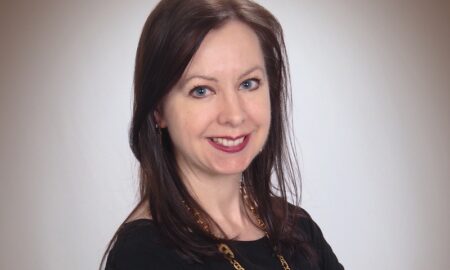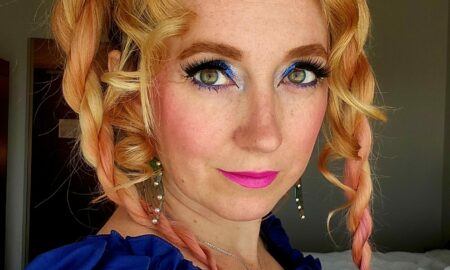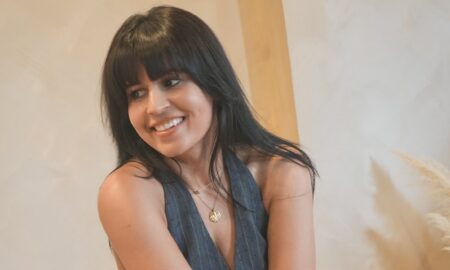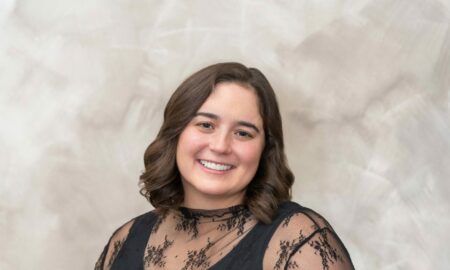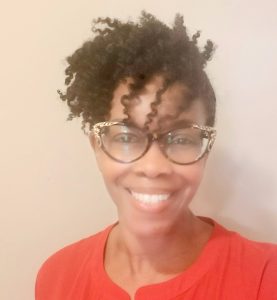
Today we’d like to introduce you to Leslie Taylor.
Thanks for sharing your story with us Leslie. So, let’s start at the beginning and we can move on from there.
First, I would like to share a little story about me that is intended for anyone considering business ownership. One of my biggest failures was in my Freshmen year as an engineering student. I failed my first calculus exam. All the negative thoughts rushed in like “maybe you aren’t good enough or smart enough,” or “maybe you don’t belong here.” I tried to go around the problem, but that was not to be. I had to go through it. This is where I learned persistence and the art of reframing failure. This is a key attribute of successful business owners. In this situation, I survived by identifying mentors/guides who had knowledge and insight that I lacked. I was able to navigate around and avoid certain challenges. But, I also worked hard, giving up Friday nights and much of my Saturdays to study. I would ultimately land on the honor roll at the end of my Freshman year. If you take away nothing else, entrepreneurs need to be able to
1.) Reframe failure as temporary, but necessary
2.) Get help (mentors, coaches, affinity groups
3.) Persist in working hard
As we face hard things over the next weeks and months with COVID-19, I want to encourage anyone reading, especially business owners
1.) This is temporary
2.) If we support each other we will get through it better/easier
3.) It will be hard, but #1 and #2.
Okay, back to your question.
Since high school, I’ve had a strong feeling that I would one day own my own business. I am a Christian and have always attributed this feeling to God and His purpose for me. My mom was a secretary, and my father an electrician before they both retired. While I never wanted for any basic needs, I would need a job to make a living. The plan was always for me to go to college. I was good at math and loved science, so an engineering degree sounded exciting, and the money wasn’t too bad either.
I attended Purdue University, where I studied Chemical Engineering. I would later leave a corporate role as an engineer to pursue a Masters in Food Science and a more creative path identifying, optimizing, and developing products for Fortune 500 companies and multi-million dollar brands.
So, how did I get here? Fast forward to 2012 when I had our son. My new challenge was the lifestyle of travel and relocating every few years (my husband and I both worked in corporate America), nearly missing my son’s kindergarten year (because I was working very long hours with no flexibility and mentally because I was exhausted). The pull of both of our jobs and the fact that we did not live near family took its toll. This challenge was going to remain a fact of life if I remained on the corporate path. And, time was still ticking. I hadn’t started my business. Something needed to change. I was ready to change. So, I did what all good engineer’s do ; I started researching. I identified those with knowledge that I did not have and I started learning, listening to podcasts, reading books, consuming as much information as I could from those who were business owners.
In the process, I learned that small businesses consistently struggled in two major areas: finance and management/execution. As a self proclaimed data nerd, chaos slayer, and process optimizer, the framework for what I had been doing for 18+ years within Fortune 500 companies was already built, but I had a new target; small businesses. No one offers these types of services to small businesses. They are generally offered only to large companies. However, the laws of business still apply. So, the Profitability Strategist or the Profit Engineer was born.
Has it been a smooth road?
It has not been smooth. First, it takes a while to get a business up and running and profitable. Next, compared to corporate America, when you don’t have a full staff and tons of resources, it can seem like it takes forever to get things done. More recently, I had always planned to incorporate my corporate skills into this business. But, I started as strictly a bookkeeping business. Last year I shifted and expanded my services. The shift last year was a challenge. I am unique, a purple unicorn. While this is how I differentiate myself, it comes with the responsibility and challenge of clearly articulating what I do and the need/value I bring to my clients. Also, I found that certain alliances were not flexible enough to accommodate the uniqueness of my business. But, it’s all a part of the process. I know I must be willing to try things, fail quickly, adapt and move on. I have also learned to leverage other business owners and a business consultant. No one succeeds alone.
We’d love to hear more about your work.
I am a Productivity and Profitability Strategist. I help entrepreneurs grow highly profitable businesses. I accomplish this by helping business owners assess the health and profitability of their businesses, identifying the gaps (or inefficiencies) and risks to their profits, then helping them implement strategies so their businesses can function in a way that allows them to make better use of their resources so they can stop wasting time and money.
My focus, or specialty, is on both profitability and productivity. This means both the numbers, as well as the processes to get things done. The two are interrelated. Many small businesses lack financial literacy or an understanding of their numbers. They are not looking at the numbers, but merely making decisions on the fly with minimal knowledge of the implications their decisions have on their bottom line. Furthermore, as they begin to scale and bring on employees, many struggle with executing consistently and efficiently, both these issues affect profits negatively. These are the problems I help businesses solve.
I am known for my ability to explain technical concepts in simple, yet meaningful terms. In this case, educating my clients on financial and business concepts is an area of strength. I honed this skill as a corporate engineer. People wanted to know what a food scientist did or how trans fatty acids affected their health. I am most proud when I educate a business owner, and they tell me that they now have a much deeper understanding of a concept that once frightened or intimidated them and that they feel capable of using their data to make informed decisions and begin acting like a real business. I am also proud of how far my business has come.
What sets me apart is the fact that no one else is doing exactly what I do. Financial and Operational. Business consultants generally don’t have in-depth knowledge of the numbers. They usually won’t assess profitability. Many coaches don’t get hands-on in the business of their clients. I do. As well, I bring a unique set of experiences and knowledge to my clients.
Is our city a good place to do what you do?
Absolutely! I think Atlanta is a great place to start a small business. For me specifically, because there are so many small businesses and the rate of small business start-ups is higher in the Atlanta area versus other areas this is a great place. However, I have purposely built my business to be mostly virtual, so location isn’t as important.
Contact Info:
- Website: https://ltaylorassociates.com/
- Phone: 404.919.4073
- Email: info@ltaylorassociates.com
- Instagram: https://www.instagram.com/thelesliet/
- Facebook: https://www.facebook.com/TheLeslieT/
- Other: https://www.linkedin.com/in/lesliertaylor/






Image Credit:
Images with others include local business owner members of the East Cobb Business Association
Suggest a story: VoyageATL is built on recommendations from the community; it’s how we uncover hidden gems, so if you or someone you know deserves recognition please let us know here.














